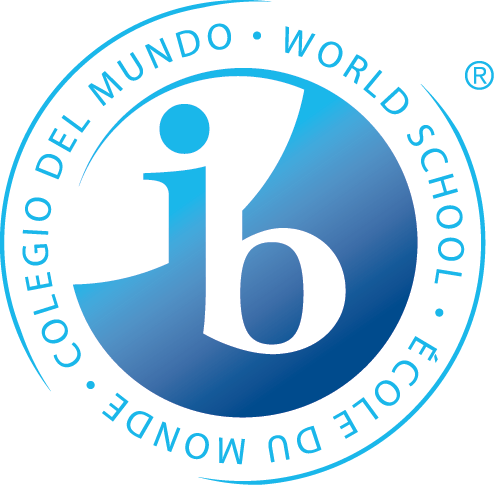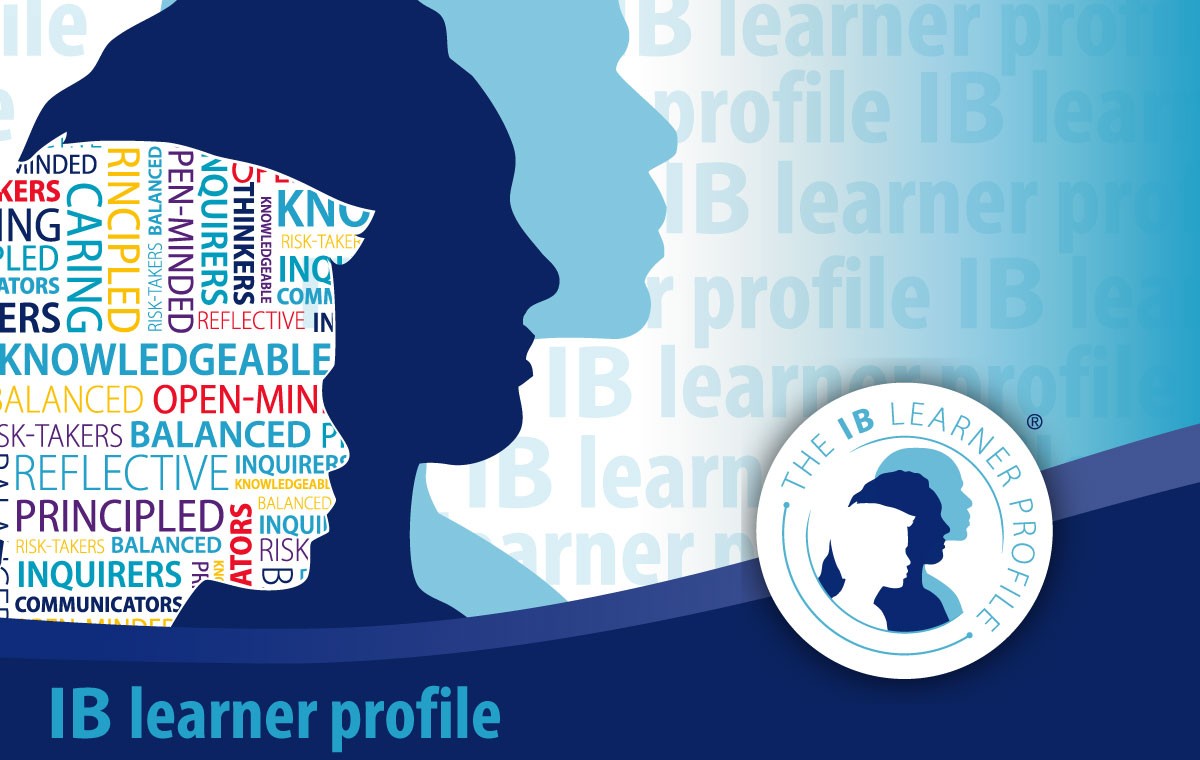International Baccalaureate in Switzerland
The International Baccalaureate Programme aims to:
- to develop inquiring, knowledgeable and caring young people who help to create a better and more peaceful world through intercultural understanding and respect
- encourage students across the world to become active, compassionate and lifelong learners who understand that other people, with their differences, can also be right
The IBDP
- provides a challenging programme widely accepted by the world’s best universities
- is studied over a two-year academic cycle – that ENSR has offered since 1971

Programme Structure
IBDP subjects are taught together and each student studies the three big pedagogical areas: languages, individuals and societies, and experimental sciences.
DP candidates must choose a discipline in each field. Three of these disciplines must be presented as Higher Level (HL) options and three as Standard Level (SL) options. Throughout the two-year educational cycle, this division allows the student to study certain subjects in depth and others more widely.
We offer:
- Languages A (French, English, German, Italian, Spanish and Russian) – HL + SL (or another language to be defined on request):
First language or Mother tongue, also including the study of world literature. - Languages B – HL + SL or ab initio SL:
Learning of a foreign language (English, French, German, Spanish, Italian) or another language to be defined. - Individuals and societies:
a) History (HL + SL)
b) Geography (HL + SL)
c) Business Management (HL + SL) in French
d) Economics (HL + SL) in French or in English - Experimental Sciences:
a) Biology (HL + SL) in French or in English
b) Chemistry (HL + SL) in French or in English
c) Physics (SL) in French or in English - Mathematics:
a) Applications and Interpretation (AI) (SL) in French or in English
b) Analysis and Approaches (AA) in English - Visual Arts – HL + SL or another subject from group 2 to 4:
For example:
– 2nd foreign language
– 2nd human science
– 2nd experimental science - Additional subjects available upon request
According to the students skills, additional subjects can be offered upon request, like Mathematics HL or Physics HL for example.
Although some classes are taught in French or English, the exam can be taken in either language.
Core components
- Theory of knowledge
TOK is based on Philosophy and Epistemology which is designed to develop critical thinking skills. It also allows the student to appreciate different cultural perspectives. It consists of 100 hours of teaching throughout the two-year academic cycle. - CAS (Creativity, Activity, Service)
CAS is designed to enable students to become global citizens. These activities are emphasised in life outside of the school, thus bringing a counterbalance to the academic nature of the DP programme. - Extended Essay (4000 words)
The essay is a research topic which is an opportunity to deepen understanding of a subject of particular personal interest for the student.

IB fees per subject
Tuition fees
Exams
1 subject
CHF 7’700.-
CHF 690.-
2 subjects
CHF 11’900.-
CHF 1'060.-
3 subjects
CHF 16’100.-
CHF 1'440.-
4 subjects
CHF 20’400.-
CHF 1'820.-
5 subjects
CHF 24’600.-
CHF 2'190.-
6 subjects
CHF 28’800.-
CHF 2'570.-
7 subjects
-
CHF 2'570.-
Appeals
-
CHF 310.-
Interested in the Sport and Study Programme at ENSR?
Contact us for more information!

